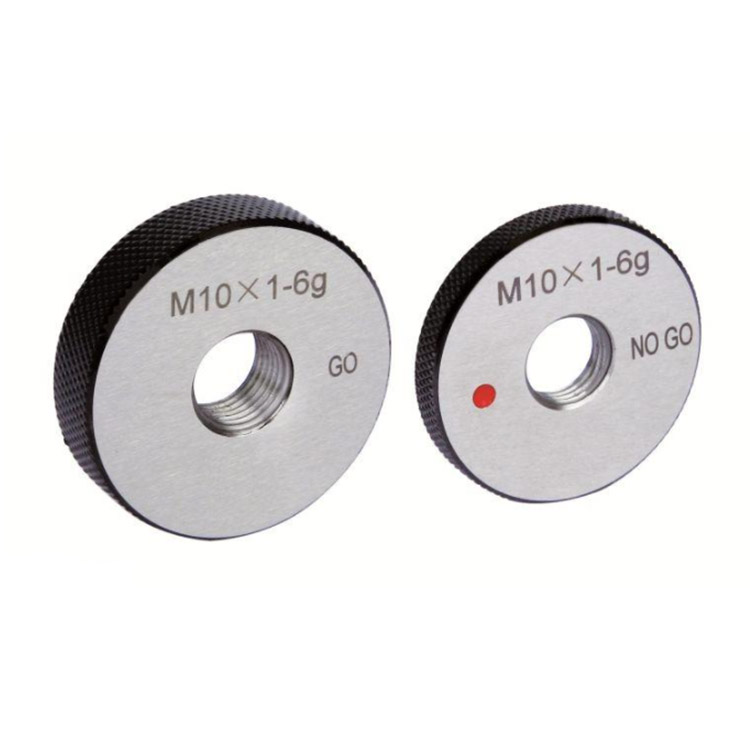Tool holding Manufacturer
Selecting the right tool holding manufacturer is crucial for optimizing machining processes, ensuring precision, and maximizing productivity. Key considerations include the manufacturer's reputation, product quality, range of offerings, customer support, and pricing. Investing time in evaluating these factors will lead to a long-term partnership that benefits your manufacturing operations.
Understanding Tool Holding: The Basics
Tool holding systems are essential components in CNC machining, responsible for securely clamping cutting tools in the spindle and transmitting torque and power. A reliable tool holding solution ensures stability during high-speed operations, reduces vibration, and minimizes runout, ultimately contributing to better surface finishes, longer tool life, and improved part accuracy.
Top 5 Factors to Evaluate When Selecting a Tool Holding Manufacturer
1. Reputation and Experience
A manufacturer's reputation is a strong indicator of its reliability and commitment to quality. Look for companies with a proven track record, positive customer reviews, and industry certifications such as ISO 9001. Established manufacturers like Sandvik Coromant and Kennametal have decades of experience and a wealth of knowledge in tool holding technology.
2. Product Quality and Precision
The quality of tool holding products directly impacts machining accuracy and efficiency. Key factors to consider include material selection (e.g., high-grade steel), manufacturing processes (e.g., precision grinding), and quality control procedures. Look for manufacturers that provide detailed specifications and performance data for their products. Products from companies specializing in collet chucks like REGO-FIX are known for high precision.
3. Range of Tool Holding Solutions
A comprehensive tool holding manufacturer should offer a diverse range of solutions to meet various machining needs. This includes different types of tool holders, such as collet chucks, shrink-fit holders, hydraulic chucks, and milling chucks, as well as adapters and accessories. The ability to source multiple tool holding needs from a single supplier simplifies procurement and ensures compatibility. Companies like BIG KAISER offer an extensive portfolio.
4. Customer Support and Technical Expertise
Excellent customer support is essential for resolving technical issues, obtaining product information, and receiving application guidance. Choose a manufacturer that provides responsive technical support, offers training programs, and has a knowledgeable sales team. The ability to access expert advice can help you optimize your tool holding setup and improve machining performance. Consider manufacturers that offer application engineers like Wayleading Tools.
5. Pricing and Value
While price is an important consideration, it should not be the sole deciding factor. Focus on the overall value proposition, considering the product quality, performance, longevity, and the manufacturer's support services. Compare the total cost of ownership, including potential savings from improved machining efficiency and reduced tool wear. In some cases, a slightly more expensive, high-quality tool holding solution can deliver significant long-term cost savings.
Comparing Different Types of Tool Holding Systems
Different tool holding systems offer varying levels of performance and suitability for specific applications. Here's a brief comparison:
| Type | Advantages | Disadvantages | Typical Applications |
|---|---|---|---|
| Collet Chucks | Versatile, affordable, good clamping force | Runout can be higher than other types, limited gripping range | General machining, drilling, milling |
| Shrink-Fit Holders | High precision, excellent balance, high clamping force | Requires specialized heating equipment, limited tool size range | High-speed machining, finishing operations |
| Hydraulic Chucks | Good vibration damping, high clamping force, easy to use | More expensive than collet chucks, can be sensitive to coolant | Milling, reaming, tapping |
| Milling Chucks | High clamping force, robust design, suitable for heavy cutting | Generally larger and heavier than other types | Heavy milling operations, roughing |
The Role of Material and Coating in Tool Holding Performance
The materials used in manufacturing tool holding systems, such as high-speed steel (HSS) or carbide, significantly impact their durability, heat resistance, and vibration damping capabilities. Coatings, like titanium nitride (TiN) or chromium nitride (CrN), can further enhance the surface hardness, reduce friction, and improve corrosion resistance, extending the tool holder's lifespan and improving machining performance.
Conclusion: Partnering with the Right Tool Holding Manufacturer
Choosing the right tool holding manufacturer is a strategic decision that can significantly impact your manufacturing operations. By carefully considering the factors outlined above, you can find a partner that provides high-quality products, reliable support, and a strong return on investment. Investing in superior tool holding solutions from a reputable manufacturer like Wayleading Tools can lead to improved efficiency, reduced downtime, and enhanced part quality.
Related products
Related products
Best selling products
Best selling products-
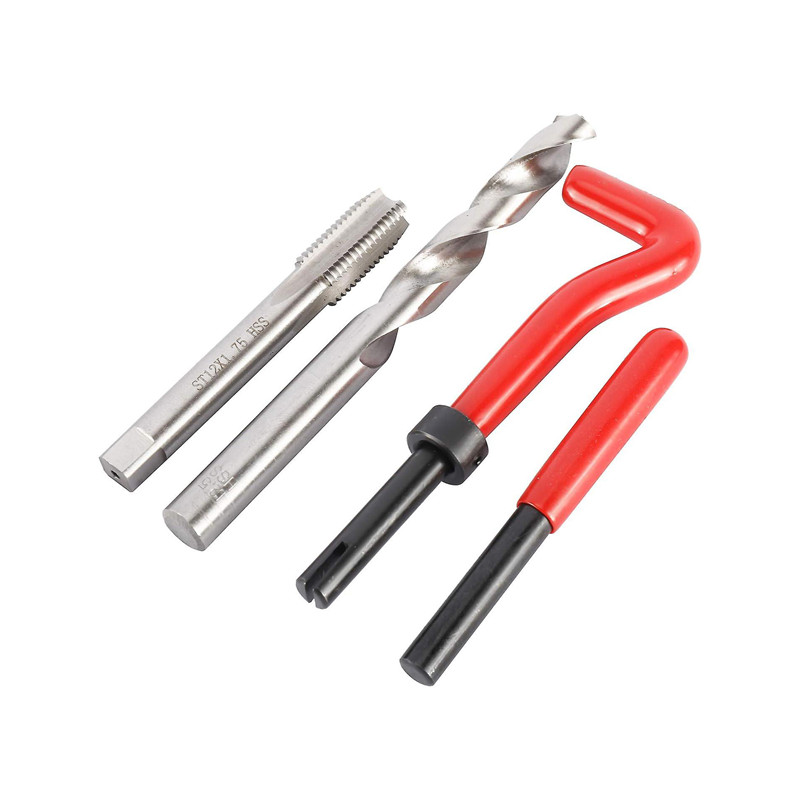 131PCS Thread Repair Set And Helicoil Type Thread Repair Set
131PCS Thread Repair Set And Helicoil Type Thread Repair Set -
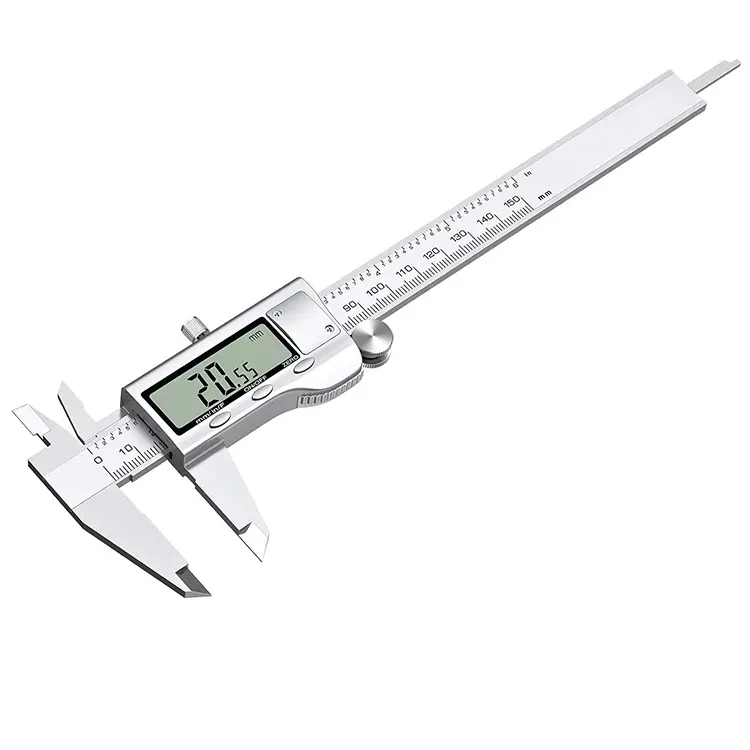 Precision Digital Caliper Of Metal Case For Industrial
Precision Digital Caliper Of Metal Case For Industrial -
 Precision V Block And Clamps Set With Customized Type
Precision V Block And Clamps Set With Customized Type -
 Type A Cylinder Tungsten Carbide Rotary Burr
Type A Cylinder Tungsten Carbide Rotary Burr -
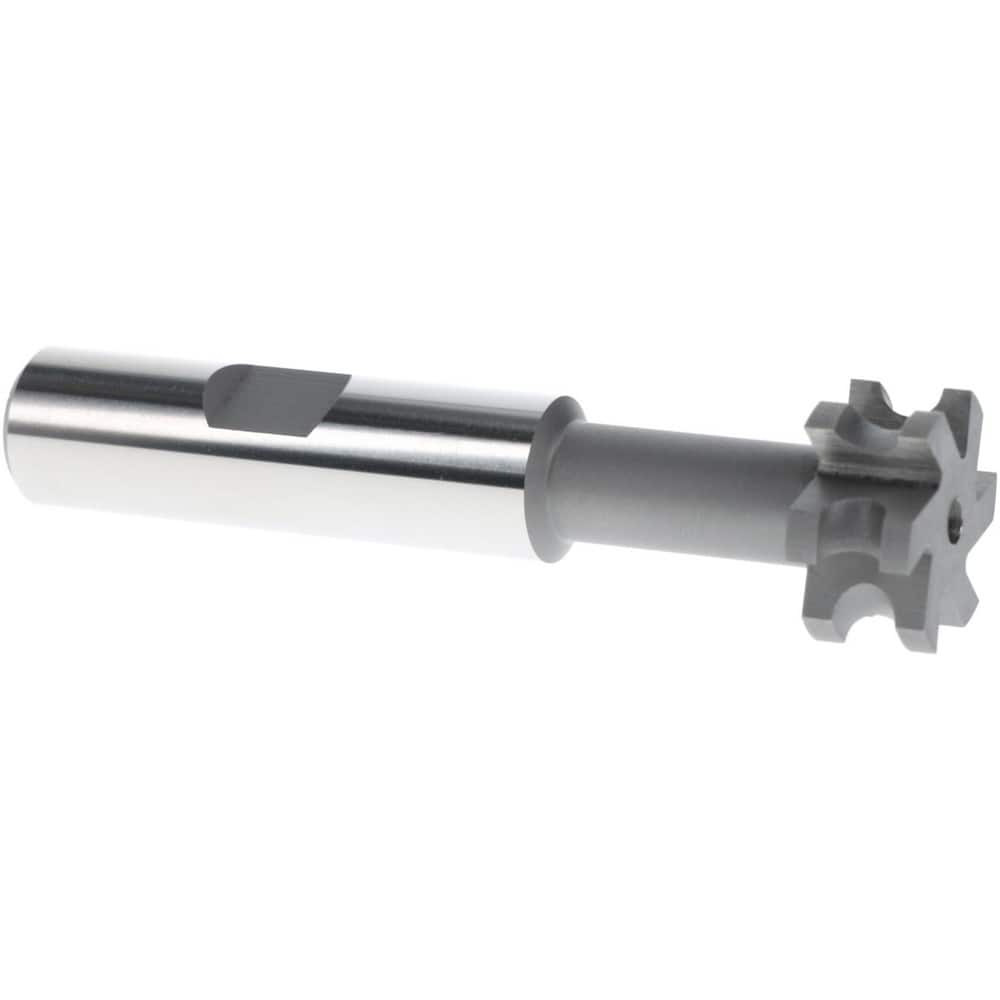 HSS Inch Concave Milling Cutter For Industrial
HSS Inch Concave Milling Cutter For Industrial -
 Precision IP54 Digital Outside Micrometer Of Inch & Metric With Data Output
Precision IP54 Digital Outside Micrometer Of Inch & Metric With Data Output -
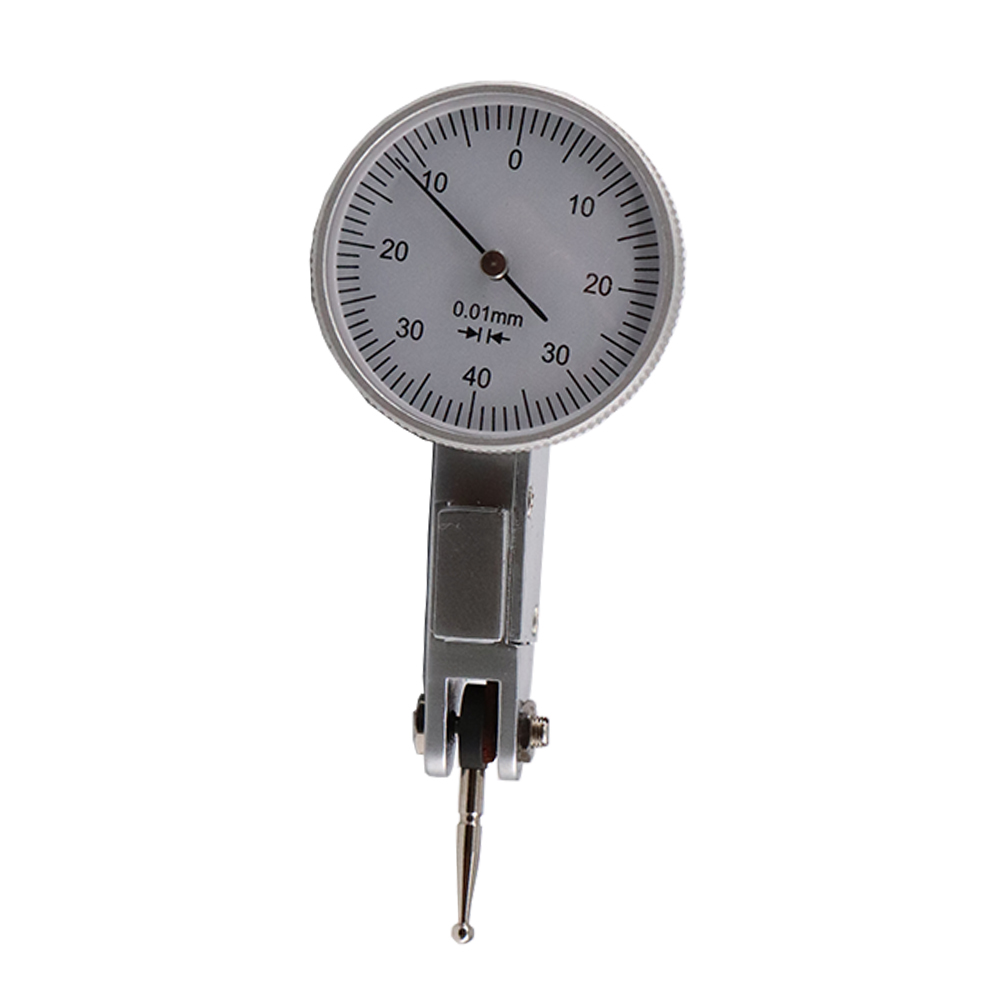 Precision Dial Test Indicator Gage For Industrial
Precision Dial Test Indicator Gage For Industrial -
 Metric HSS Step Drills With Straight Flute
Metric HSS Step Drills With Straight Flute -
 HSS Metric Square Tool Bit With Industrial Type
HSS Metric Square Tool Bit With Industrial Type -
 DIN338 HSS Twist Drill Bit Fully Ground Or TiN Coated
DIN338 HSS Twist Drill Bit Fully Ground Or TiN Coated -
 HSS Inch 4 Flute End Mills With Bright Or TiN And TiAlN Coated
HSS Inch 4 Flute End Mills With Bright Or TiN And TiAlN Coated -
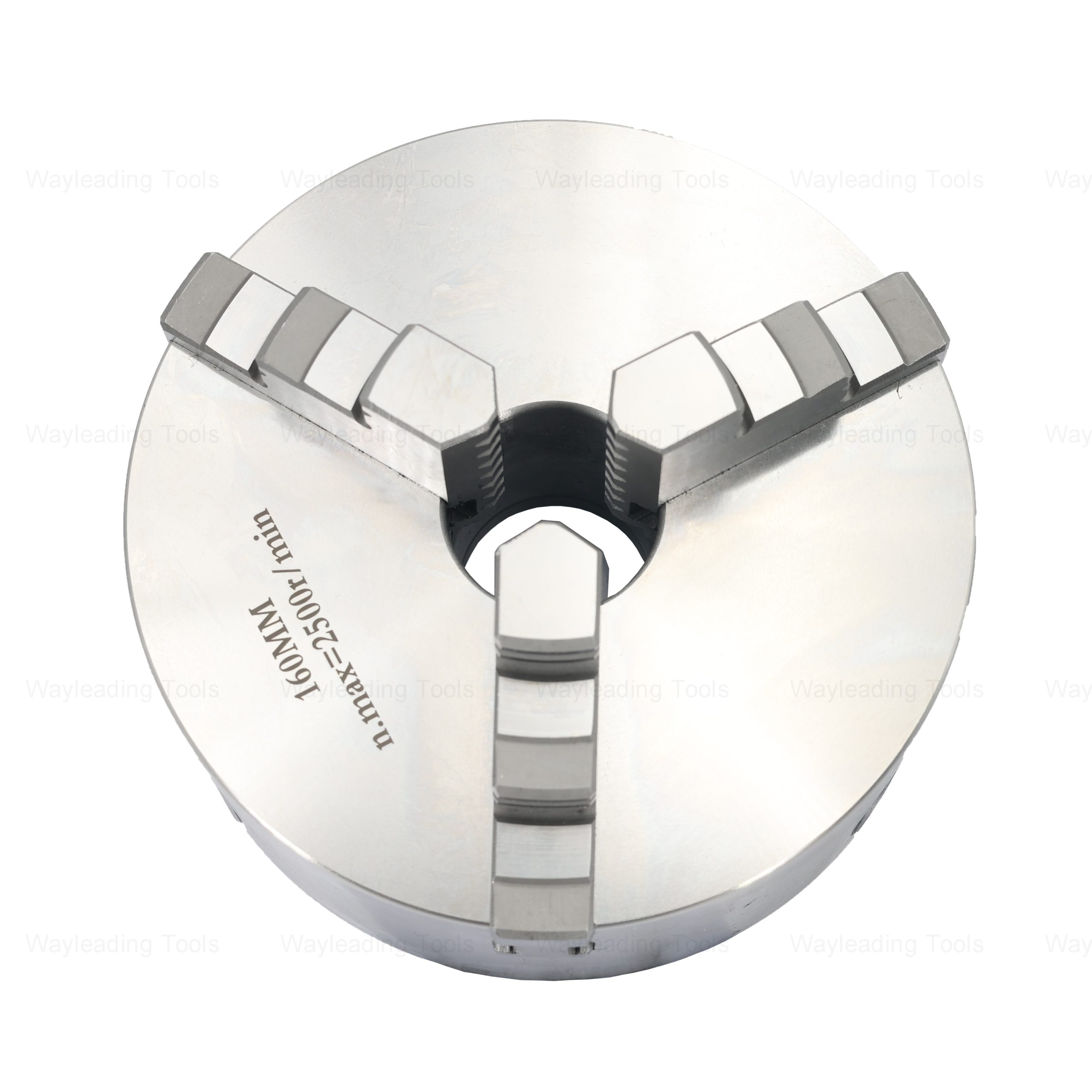 K11 Series 3-Jaw Self-Centering Lathe Chuck – Scroll Type, for Manual Lathes
K11 Series 3-Jaw Self-Centering Lathe Chuck – Scroll Type, for Manual Lathes
Related search
Related search- MVVNN turning tool holder Manufacturers
- High-Quality american UN full profile threading insert
- TCGX insert Factories
- apmt insert Supplier
- Solid Carbide Drill Bit Factories
- High-Quality brake micrometer
- G55 threading insert Factory
- 2pcs grooving tool sets
- Wholesale milling machine vise
- SDUC boring bar Factories








